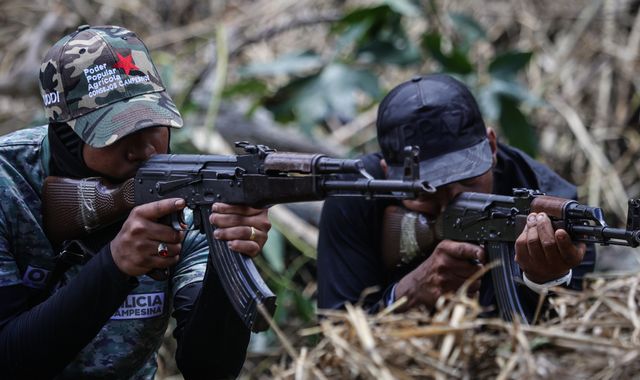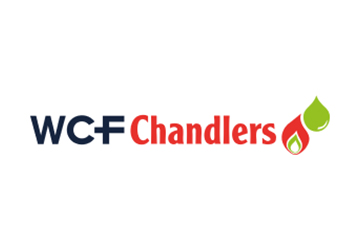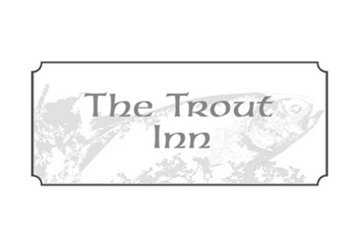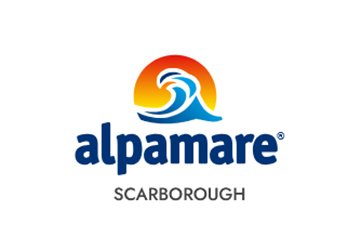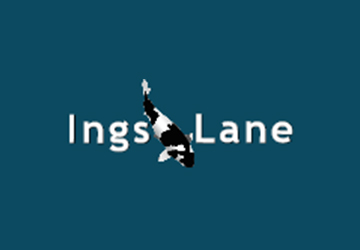President Donald Trump has accused President Nicolas Maduro of leading an organised crime gang (without providing evidence) and declined to answer when questioned if the CIA has the authority to assassinate him.
In return, the Venezuelan leader has accused Mr Trump of seeking regime change and of “fabricating a new eternal war” against his country, as he appealed to the American people for peace.
The rhetoric coming out of the White House, coupled with the presence of military ships in the region, has raised questions about a possible armed conflict between the US and Venezuela.
The question in the air is: Will the US actually attack Venezuela?
What are US warships doing?
The docking of the USS Gravely guided missile destroyer in the capital of Trinidad and Tobago – just 25 miles from the coast of Venezuela – is the latest incident to escalate tensions.
Venezuela’s government condemned the arrival and called it a provocation by Trinidad and Tobago and the US.
The USS Gerald R Ford aircraft carrier – the largest warship in the world – is also moving closer to Venezuela.
It comes as the US has acknowledged carrying out at least seven strikes since September on vessels near Venezuela that it claims were transporting drugs, killing at least 32 people.
Venezuela’s government says the strikes are illegal, amount to murder, and are acts of aggression.
Earlier this month, Trump confirmed he has authorised the CIA to carry out covert operations – including lethal operations – in Venezuela.
The CIA has a long history of operations in Latin America, with actions varying widely from direct paramilitary engagement to intelligence gathering and support roles with little to no physical footprint.
What could happen?
To get an idea of what could happen next, Sky News spoke to Dr Carlos Solar, an expert on Latin American security at the RUSI defence thinktank.
He says the level of military strategy the US is applying around Venezuela seems “unproportionate” for the task of tackling drug trafficking.
“A build-up this size can only suggest there’s a strategic military goal,” he added.
Dr Solar says the role of the CIA is “not surprising”, as the US often deploys spying capabilities in countries deemed adversarial.
“With the chances of a military conflict looming, having the most intelligence capable on the ground would be reasonable.”
Asked what could happen next, Dr Solar told Sky News: “One scenario is Trump authorises a round of long-range precision attacks in Venezuela’s territory linked to drug trafficking operations, eventually forcing Maduro to reciprocate later.
“We saw this early in the year when the US attacked Iran’s nuclear facilitates and Tehran returned missiles to US bases in Qatar.
“If the US decides to move more strongly, destroying all critical military targets from the Venezuelan forces, then the US could have Maduro surrender and leave the country immediately.
“This would be the least disruptive without causing greater destabilisation of the country.”
What does Trump say about Venezuela?
Trump said his reasons for the strikes on vessels were the migration of Venezuelans, allegedly including former prisoners, to the US – and drug trafficking.
“I authorised for two reasons really,” he said. “Number one, they have emptied their prisons into the United States of America…they came in through the border. They came in because we had an open border,” he told reporters. “And the other thing are drugs.”
He has accused Venezuela of trafficking huge amounts of cocaine into the US, and alleged Mr Maduro is the leader of the Tren de Aragua gang – a claim most of his own intelligence agencies do not support.
The US leader has not provided evidence for the claim about prisoners, and Sky News chief correspondent Stuart Ramsay pointed out the fentanyl drug that is causing destruction in America is largely manufactured in Mexico, not Venezuela.
“We are looking at land now, because we’ve got the sea very well under control,” Mr Trump added. It is not clear what actions this could entail.
The Pentagon recently disclosed to US Congress that the president has determined the US is engaged in “a non-international armed conflict” with drug cartels.
When asked if the CIA has the authority to execute Maduro, which would be a massive intervention, Trump declined to answer. Instead, he said: “I think Venezuela is feeling heat.”
Read more:
Venezuela opposition leader wins Nobel Peace Prize
Trump may have another motive in escalation of war on drugs
What does Venezuela’s leader say?
Maduro has been in power since 2013, including re-elections in contests marred by accusations of fraud.
The last decade has seen his country gripped by spiralling hyperinflation and a humanitarian crisis that has seen an estimated eight million Venezuelans flee the country.
As the USS Gerald R Ford aircraft carrier moved closer to Venezuela, Maduro accused the US government of “fabricating a new eternal war” against his country.
“They promised they would never again get involved in a war, and they are fabricating a war that we will avoid,” he said in a national address.
“They are fabricating an extravagant narrative, a vulgar, criminal and totally fake one,” he added, perhaps a reference to Trump’s claim that he is the leader of the Tren de Aragua gang and that his country trafficks cocaine into the US.
“Venezuela is a country that does not produce cocaine leaves.”
Tren de Aragua, which traces its roots to a Venezuelan prison, is not known for having a big role in global drug trafficking but instead for its involvement in contract killings, extortion, and people smuggling.
Venezuela has raised a complaint to the UN Security Council and demanded accountability from the US.

